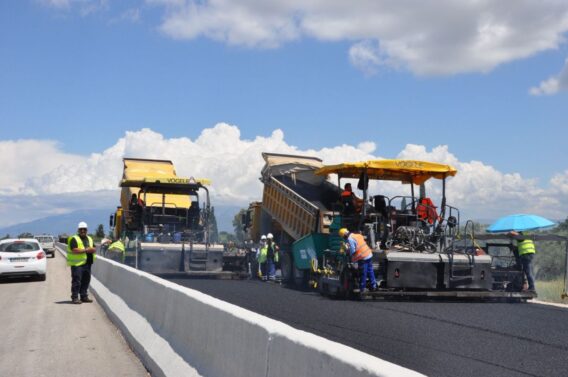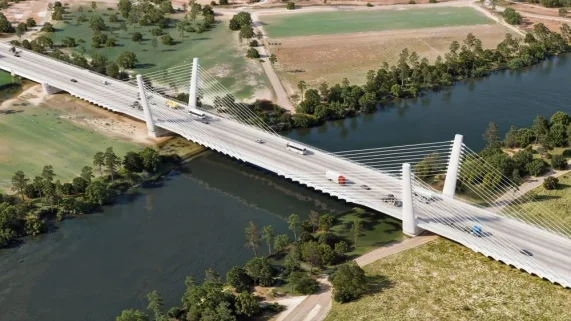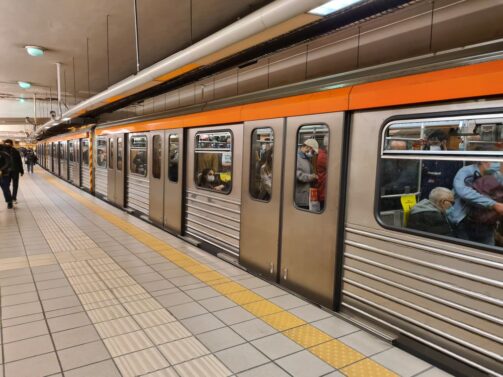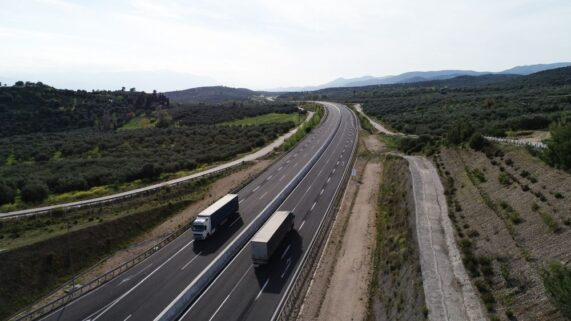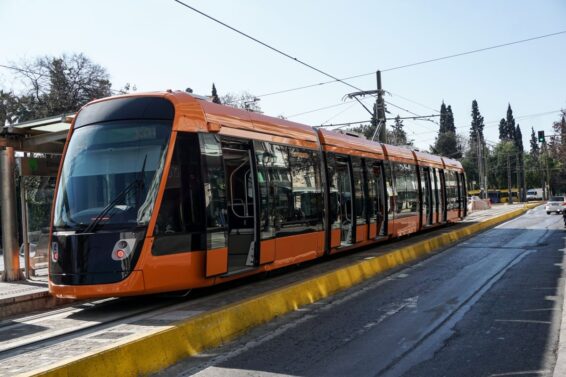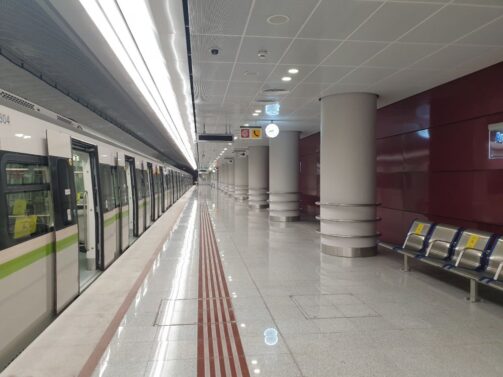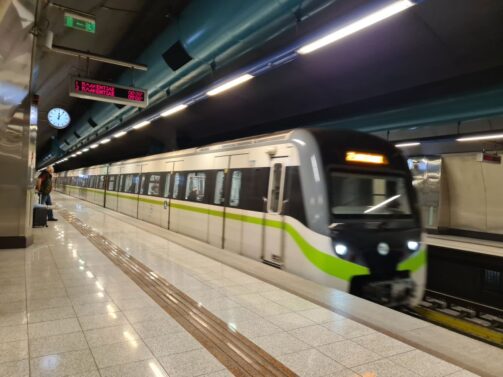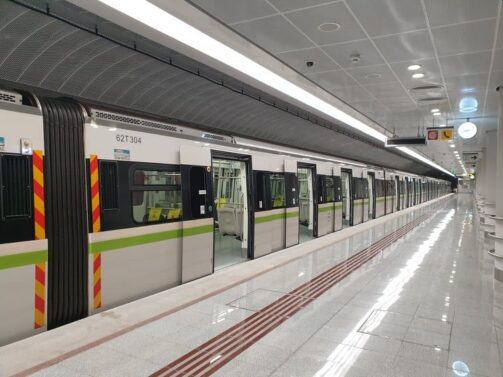A proposal by the British government to eliminate diesel-only passenger trains from the main line network by 2040 is feasible, according to the initial findings of a technical review by the Rail Industry Decarbonisation Taskforce and the Rail Safety and Standards Board (RSSB).
The taskforce’s Initial Report to the Minister for Rail, which was published on January 31, responds to a challenge laid down by the then rail minister Mr Jo Johnson in February 2018 for the industry to phase out the operation of diesel-only trains within 22 years.
However, the report warns that there is no “silver bullet” solution to replace diesel traction and stresses the need to benchmark alternatives against electrification, lifecycle costs and carbon impacts to ensure perverse outcomes are not preferred. These benchmarks will also need to be updated periodically as alternative traction technologies develop.
Traction is described as the “greatest challenge” facing decarbonisation of the railway, with traction energy accounting for 63% of greenhouse gas emissions from Britain’s railways. During 2016-2017, electric passenger trains consumed 3524m kWh of electricity and 501 million litres of diesel, generating 2.96 million tonnes of CO2. Figures from the Office of Rail and Road show passenger rail emissions fell significantly in the decade to 2016 due to the introduction of new rolling stock and improvements in railway operations.
At present only 42% of the 15,811km network is electrified and according to Network Rail data this will only increase to 48% by 2039. However, pure electric vehicles now comprise more than 72% of the national fleet and more than 80% of committed new vehicles. All 1030 bi-mode vehicles in operation or on order are equipped with diesel engines as their on-board power source.
The report says that decarbonising traction energy “could be achieved progressively through franchises or sending clear signals to the market through policy and other mechanisms.” The pace of change will depend on how well the government and the industry are able to work together to develop clearer and more consistent policies, as well as the availability of incentives where the business case for investment does not exist.
An RSSB-commissioned research project, Options for Traction Energy Decarbonisation in Rail (T1145) found that in the short-term, a “reasonable reduction in carbon emissions” can be achieved by taking advantage of recent advances in diesel engine technology and encouraging the use of bi-mode trains.
An estimated 85% of diesel engines in use on passenger trains on the British network predate any emissions regulations and the taskforce report indicates that employing “state-of the art fuel efficiency measures” alongside hybridisation could generate a 40% reduction in CO2 per kWh.
Source: railjournal.com
ΜΗΝ ΞΕΧΑΣΕΤΕ
- Ακολουθήστε το ypodomes.com στο Google News και μάθετε πρώτοι όλες τις ειδήσεις για τις υποδομές στην Ελλάδα
- Αν είστε επαγγελματίας του κλάδου, ακολουθήστε μας στο LinkedIn
- Εγγραφείτε στο Ypodomes Web TV






